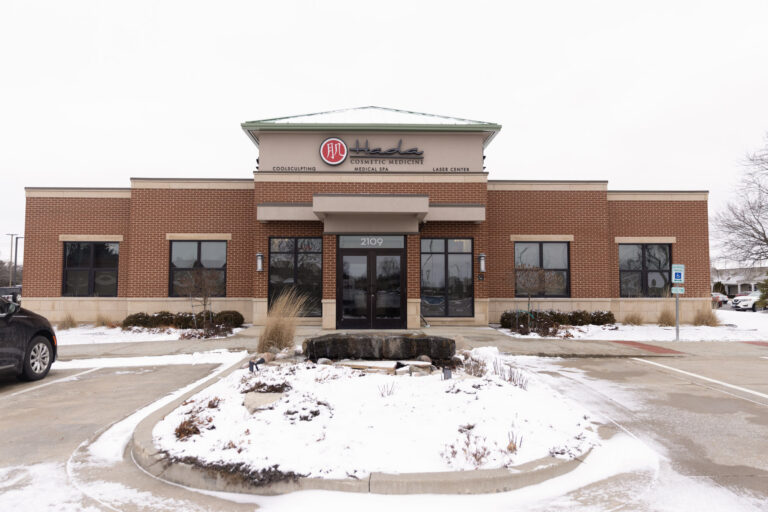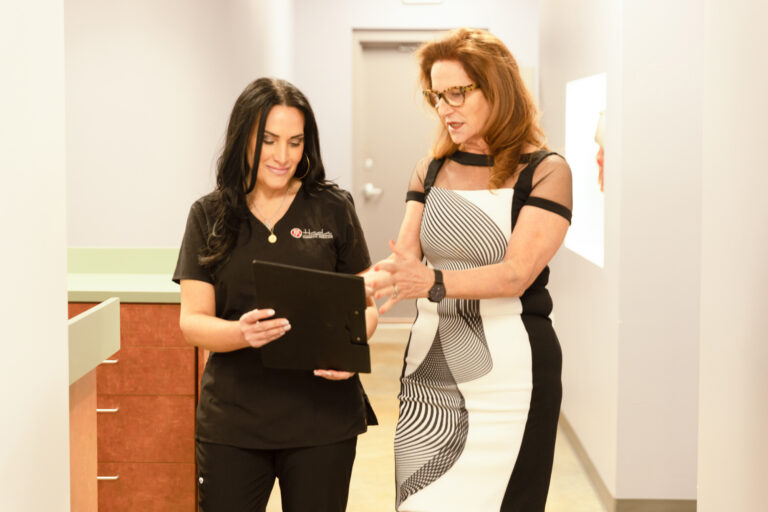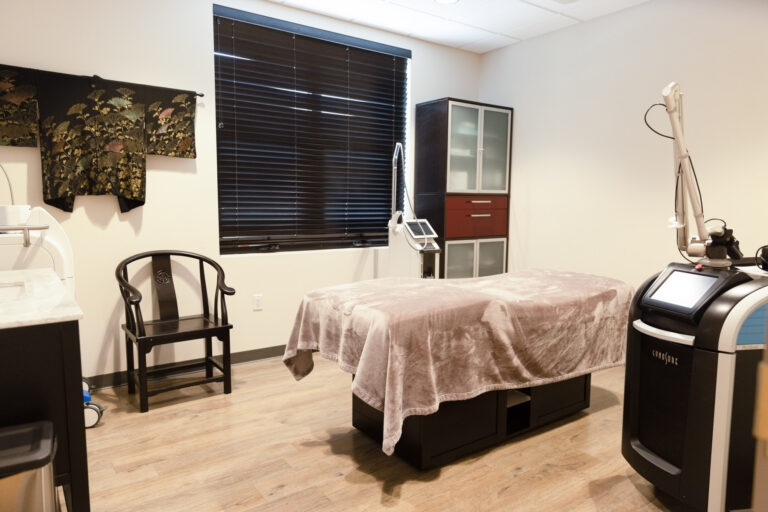Most fibroids go unnoticed, as the women who have them do not experience symptoms. Some fibroids go away on their own, while others can progress and cause infertility. Contact Women’s Health Practice if you think you need to see a fibroid specialist in Champaign, IL. We offer consultation for bleeding, painful menses, or abdominal bloating and GI concerns. From that consultation we can direct your next steps!
Fibroid Symptom Relief
One third of women will develop uterine fibroids, most of which are asymptomatic or resolve with menopause and aging.
For many women, fibroids do not cause noticeable symptoms nor do they require medical attention. However, in serious cases, fibroid growth can cause pain, heavy periods, weakness, and fertility issues, to the point where it interferes with daily life.
Dr. Trupin has participated in the women’s health studies that have developed the advanced medical treatments and the use of contraception for the treatment of uterine fibroids. As a women’s health and fibroid specialist in Champaign, IL, Women’s Health Practice can help you manage your symptoms and get you back on the path to healthy menstruation.
Process for Fibroids
Symptoms
Most women who have uterine fibroids don’t have noticeable symptoms. However, abnormally heavy menstrual periods, pelvic pressure, trouble urinating, pain in the abdomen, or painful sex may indicate fibroids.
Pelvic Exam
During an annual gynecologic exam or pelvic exam, your provider might see a change or abnormality in the size or shape of your uterus. If this happens, further testing or treatment may be required.
Hysteroscopy
Some women require internal uterine evaluation to differentiate a uterine fibroid from a polyp or other condition. This can be done with or without a D and C.
Endometrial Biopsy
Testing the lining of the uterus to determine the presence of infections, retained tissue from a miscarriage, uterine polyps, cancerous or precancerous conditions might mean a minimally invasive sampling of the lining of the uterus.
Imaging
Several types of non-invasive imaging procedures can be used to find uterine fibroids.
These include ultrasounds, magnetic resonance imaging (MRI), X-rays, or computed tomography (CT or CAT scan). Sonograms with fluid are sometimes performed for uterine fibroids within the lining of the uterus.


About Fibroids
Uterine fibroids are benign, non-cancerous growths made of uterine muscle cells.
The exact cause of fibroids is still unknown. We do know certain factors such as health conditions, age, and genetics contribute to the speed at which they grow. They happen to the majority of women of reproductive age, with a higher risk to women between the ages of 35 to early 40s.
Women with a family history of fibroids are at a higher risk, as are African-American women. Fibroids are hormone-sensitive– PCOS, obesity, and other conditions that affect estrogen increase the risk of developing fibroids. If you think you are at risk and need to see a fibroid specialist in Champaign, IL, contact Women’s Health Practice for an appointment.


Treatment Options

Hormone Therapy
To temporarily shrink fibroids and decrease menstrual bleeding, certain hormonal therapy medications are prescribed. However side effects are similar to menopause symptoms, so it is often simply used in preparation for surgery.

Oral Contraceptives
Oral contraceptives do not affect the size or growth of fibroids but alleviate heavy menstrual periods and the pain associated with them. For some fibroids, an intrauterine device (IUD) may work as well.

Alternative Therapy
For women with more mild symptoms, alternative therapies are available. Vitamins, iron injections, and supplements help with fatigue and weakness from anemia. Nutrition and weight loss also assist in lowering risk factors for fibroids.
About Women’s Health Practice
At Women’s Health Practice, we believe medical care is a partnership between the provider and the patient.
If you need a fibroid specialist in Champaign, IL, know that we offer holistic healthcare that values your needs and concerns to provide treatment tailored to you. We have over three decades of experience participating in women’s healthcare research, and we continue to provide up-to-date education and guidance in the ever-expanding world of medicine.



FAQs
Frequently Asked Questions About Fibroids
Uterine fibroids grow from a single genetically abnormal uterine cell. In response to estrogen levels. The trigger for that abnormality is not understood. Women on long-term contraception are less likely to develop uterine fibroids.
Fibroids are often asymptomatic, however, some women experience heavy menstrual periods, increased pain during menstruation or sex, chronic abdominal or lower back pain, frequent urges to pee or difficulty emptying your bladder, and pressure or swelling in the abdomen.
It is not likely. Fibroids are common and usually completely benign, however in very rare cases, uterine growths can turn out to be cancerous.
Many fibroids need no medical intervention, especially if they are not causing any serious or life-threatening symptoms. Some uterine fibroids will require gynecologic surgery, which we do not offer. If surgical intervention is needed, Women’s Health Practice can refer you to a surgeon for treatment.
Yes, we are in-network with most PPOs and HMOs and also accept self-pay patients.


Get a Virtual Consultation
Find out if you need to see a fibroid specialist in Champaign, IL with our virtual Consultation.

